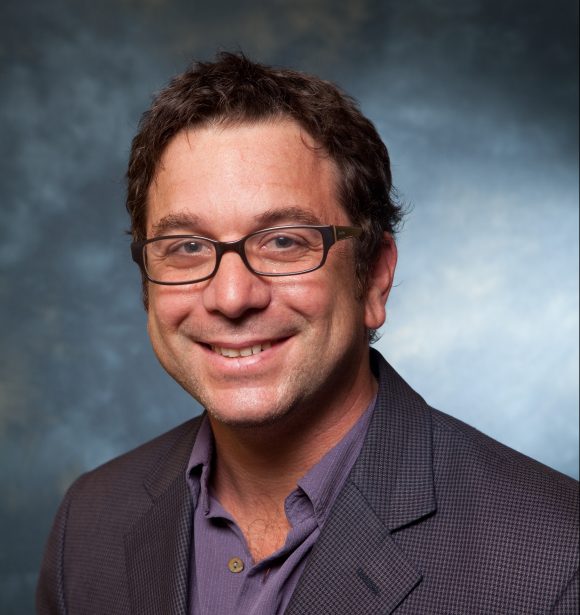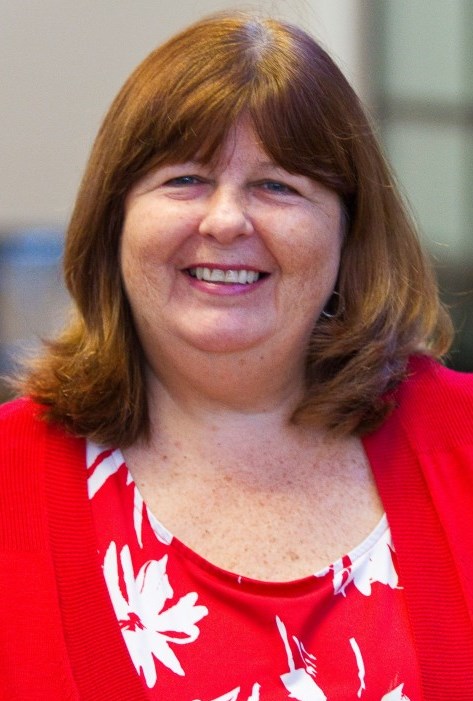We were such busy bees.
When the stay-at-home directives came down and the coronavirus pandemic ramped up, we raced to gather office computers and school supplies. Headed home to set up remote working and teaching stations at kitchen tables. Hunted for groceries. Learned video conferencing. Fetched young adult children from the airport. Reminded younger ones that homework was still a thing. Learned from videoconferencing that Mom was right and we do need to sit up straighter. Hunted for more groceries.
Now suddenly, we’ve flopped into limbo. Most of us are healthy and safely parked at home. But perhaps feeling a bit flattened? And worried about how to manage the long haul? Rest assured. That’s normal, say counselors and psychologists at Chapman University. Change is challenging enough for most folks. Rapid-fire change is emotionally, psychologically and even physically exhausting. Scrapped plans produce real grief. Plus, while we’ve slowed down, the news hasn’t.
“It’s like a really, really slow tsunami,” says psychologist David Pincus, a professor in Crean College of Health and Behavioral Science who researches human resiliency. “You’ve got to cope day to day.”
Routines, meditation, nutrition and exercise help, the Chapman experts agree. But that’s not all. Here are a few more of their best ideas to help us cope while we all wait for brighter days.
Don’t Rush to Put on a Happy Face

“One of my pet peeves with some resiliency and self-help research is that it can get overly positive. Positivity is great, but vulnerability is, too. The best way to deal with negative emotion is to experience the emotion first,” says Pincus, Ph.D.
It is a paradox. But people need some time to ponder their frustration, anger, grief or whatever emotion is pulling them down, before they can let it go and bounce back, he says. For a metaphor, he says consider the science of bridge building. A bridge constructed too rigidly without some give will crack under pressure. Too flexible, and it wobbles like a fun house attraction.
“Dial in to what you’re feeling and why, but don’t let negativity stretch on too long,” he says. “It’s a balancing act.”
Moreover, find someone to talk to. Even for the minor stuff.
“If you’re frustrated because you can’t do something like walk on the sidewalks because there are so many people out there walking, you’ve got to reach out to other people and tell them how frustrated you are. Talk it out,” he says.
Interrupt Runaway Thoughts

Understandably, it’s easy to worry and fixate repeatedly on the worst-case scenarios that could play out, even though they haven’t yet. When it becomes a mental tape playing in our heads, mental health professionals call it catastrophizing, says Susan Jester, a marriage and family counselor and director of Chapman’s Frances Smith Center for Individual & Family Therapy.
“We could easily sit here all day long and say, ‘Oh, my God. This is horrible. What is our infection apex going to be? How many people have it? I have a dry cough. Do I have it? I think I have it.’ When that goes on and on, it becomes automatic and distorted thinking,” says Jester. “That can often lead to symptoms of anxiety or depression.”
Here’s one way to interrupt the cycle.
“Instead, say ‘I’m taking precautions. I’m doing what I need to do. This is terrible, but most people are going to get through this.’ Focus on what you can do to stay healthy and do those things,” Jester says.
Limit your news intake of television news, too, to avoid experiencing a version of vicarious trauma, Jester says. Everyone has a slightly different comfort level, but she suggests watching a bit in the morning to check in and then again at the end of day to catch up, but definitely not near bedtime.
Busy is Good, Unless It’s Not

Again, a bit of a paradox. If you’re in that camp that suddenly feels called to master baking, take up knitting or learn a new language, that’s probably fine, says Naveen Jonathan, Ph.D., and chair of the Department of Marriage and Family Counseling and a professor in the M.A. in Marriage and Family Therapy program. But ask yourself if you’re looking for a healthy diversion or ducking problems and emotions that need attention.
“Take some time before running off to do something new. Some people like to stay busy and that’s OK. For some people it’s a healthy coping mechanism,” he says. “But look at it and be sure it’s that. For some, it’s a way to avoid thinking about what’s going on in the world or dealing with a conflict with a significant other. Is it a positive coping mechanism, or is it because you’re avoiding other issues?”
Time to Think
Right now is not the best moment to definitively make or act on major life decisions, but this downshift in activity could be a gift of time to consider them, Jonathan says.
“Think about your life goals. What do you want to do post-coronavirus? Some therapists are encouraging their clients to use this time to create a vision board with photos cut our from magazines on hand. Imagine what your lives might look like after this,” he says. “In our society we are go, go, go, go … This can be a time to reset and reflect.”
Call a Friend
In the film “Cast Away,” Tom Hanks created his imaginary volleyball pal for good reason, Pincus says. Humans need to nurture their sense of self.
“The sense of self is really like a vital organ. It allows us a perspective from which to see the world. The ego and the brain don’t work if there isn’t information flowing through. You start to lose a grip on who you are,” he says.
Hop on the phone or a video program to talk with people. Similarly, Pincus urges people to check in with family members and friends who are living alone during this time and not already busy with remote work or other virtual support groups.
Above all, remember this: “Human connection supports everything.”
Reach Out for Help
Many mental health counselors and therapists have shifted to telehealth counseling, including at Chapman’s Frances Smith Center for Individual & Family Therapy, whose services are also available to the Chapman community. The new style of meeting by video is working well, Jester says.
In addition, multiple resources, guided meditations, pastoral counseling, virtual gatherings and programs are available at Chapman’s Fish Interfaith Center.




